
Who we are:
WHPP is administered by the Barry Commoner Center for Health and the Environment at Queens College of the City University of New York, in collaboration with the United Steelworkers, the Atomic Trades and Labor Council in Oak Ridge, the Johns Hopkins University School of Public Health (JHU-SPH) and the Fernald Medical Screening Program.
Screenings are conducted through partnerships with local clinics and medical schools in or near local DOE communities, including the University of Tennessee Graduate School of Medicine in Knoxville, TN and the University of Nevada, Las Vegas, School of Medicine.
WHPP initiated medical screening in 1998 and currently provides FWP examinations at 16 DOE sites across eight states. WHPP pioneered the use of low-dose CT scanning for the early detection of lung cancer among former DOE workers beginning in 2000.
In February 2024, the JHU-SPH FWP for former workers at Los Alamos National Laboratory and Sandia National Laboratory-New Mexico, merged into WHPP, streamlining operations to support expanded services. WHPP has since increased the availability of conventional screenings and introduced its early lung cancer detection program at these two sites.
WHPP employs a small network of former and current DOE workers as local coordinators to conduct outreach and assist with program operations in the DOE communities where medical screening occurs. Activities of local coordinators include conducting outreach at community events, scheduling and assisting with program registration, answering medical screening questions, liaising with local site offices and worker groups, advising on the development of program materials, and providing appropriate referral guidance to claimants regarding EEOICP and state workers’ compensation claims. Local coordinators have been an essential component in the recruitment of more than 41,500 DOE workers who have participated in over 89,000 total examinations through WHPP.
Contact Information:
Toll-free number: 1-888-241-1199
Web site: http://worker-health.org
Email: info@worker-health.org
Facebook: www.facebook.com/WorkerHealthProtectionProgramwhpp
What we do:
The consortium utilizes expert occupational medicine physicians and administrative staff to provide independent medical screening to assess for occupational illness, as well as selected non-occupational conditions common among former DOE workers. In addition to the standard FWP medical screening, WHPP administers the Early Lung Cancer Detection (ELCD) Program, which offers low-dose CT scans at fifteen DOE sites.
WHPP provides both standard FWP medical screening and early lung cancer screening to workers from:
- Brookhaven National Laboratory (New York)
- Lawrence Berkeley National Laboratory (California)
- Lawrence Livermore National Laboratory (California)
- Los Alamos National Laboratory (New Mexico)
- Sandia National Laboratory-CA (California)
- Sandia National Laboratory-NM (New Mexico)
- Idaho National Laboratory (Idaho)
- Paducah Gaseous Diffusion Plant (GDP) (Kentucky)
- Nevada Test Site, now called the Nevada National Security Site (Nevada)
- Fernald (Ohio)
- Mound Plant (Ohio)
- Portsmouth GDP (Ohio)
- K-25 GDP (Tennessee)
- Oak Ridge National Laboratory (Tennessee)
- Y-12 National Security Complex (Tennessee)
Conventional FWP medical screenings only are provided to workers from:
- Waste Isolation Pilot Plant (New Mexico)
What we have found:
a. Conventional Medical Screening Exams
- Chest X-Rays (CXRs) (N=40,526 participants receiving at least one CXR): 8.8 percent demonstrated findings consistent with work-related lung diseases constituted by the pneumoconioses (includes CXR abnormalities in the following categories: asbestosis without pleural disease, asbestosis with pleural disease, asbestos-related pleural disease, silicosis, mixed dust pneumoconiosis, and pneumoconiosis not otherwise specified).
- Pulmonary Function Tests (N=39,476 participants receiving at least one PFT): 17.8 percent demonstrated findings consistent with obstructive lung disease (includes PFT abnormalities consisting of obstructive pattern and mixed pattern combined).
- Beryllium Lymphocyte Proliferation Tests (BeLPTs) (N=37,340 participants receiving at least one BeLPT): 3.5 percent had at least one abnormal BeLPT (total percentage of BeLPT abnormals, including 1, 2 or 1 and > borderline abnormal BeLPT tests).
- Audiometry (N=38,596 participants receiving at least one audiogram): 50.2 percent demonstrated occupational hearing loss.
b. Early Lung Cancer Detection Program
- 241 ELCD Program participants have been diagnosed with primary lung cancer from 2000 to the present.
- 163 of the 226 (72 percent) individuals whose lung cancers have been staged to date, had an early stage lung cancer (Carcinoma in situ, Stage I or Stage II non-small cell cancer or limited small cell cancer) at the time of diagnosis.
- Lung cancer has been detected in 1 of approximately 59 DOE workers cumulatively tested since 2000 (N=14,326).
Medical Staff:
Steven Markowitz, MD, DrPH
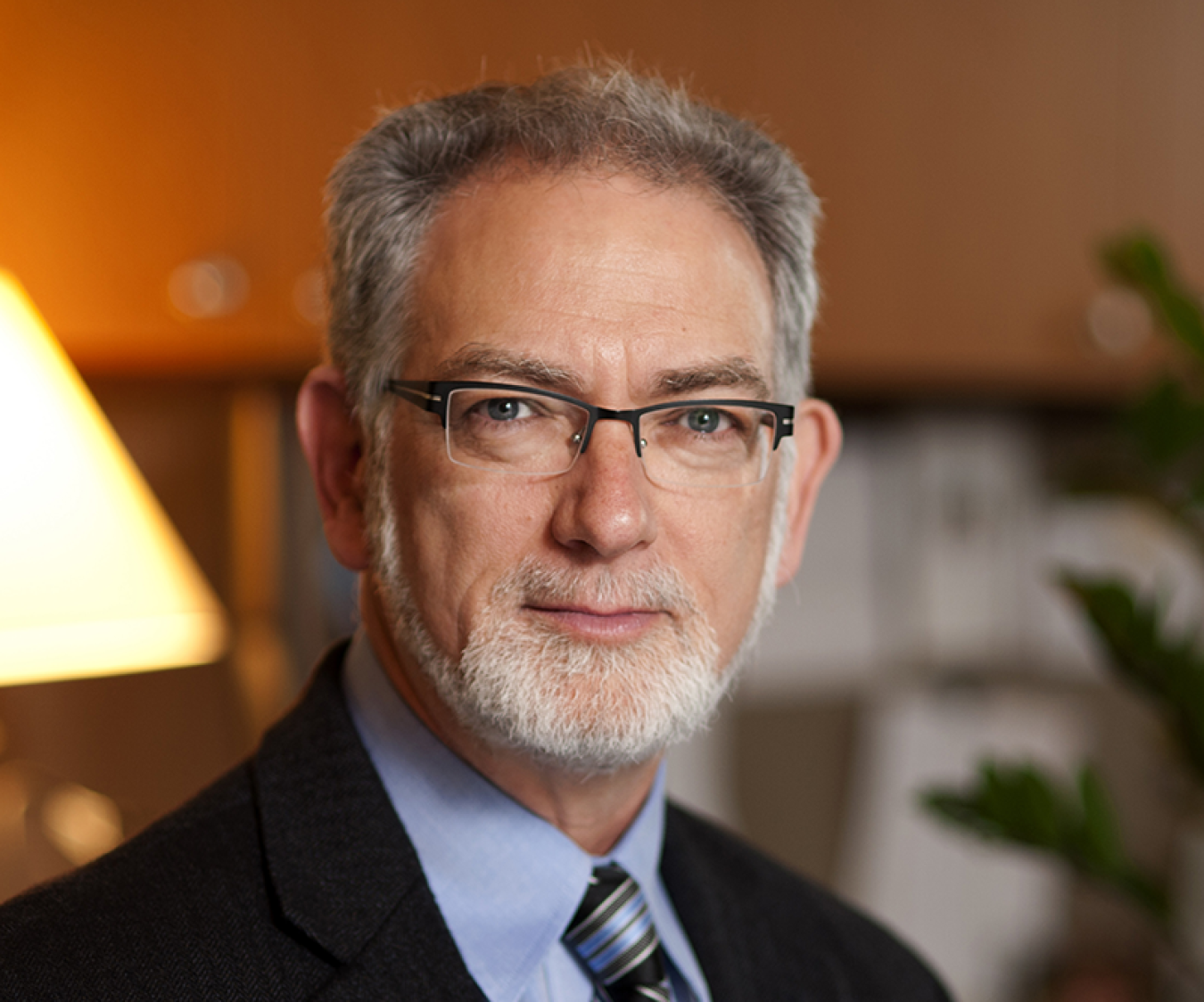
Steven Markowitz MD DrPH, an occupational medicine physician, internist, and epidemiologist, directs the Barry Commoner Center for Health and the Environment at the City University of New York (CUNY). He was educated at Yale University and Columbia University. He assisted DOE in establishing the Former Worker Program in 1996 and has directed the Worker Health Protection Program (WHPP) since 1997. Dr. Markowitz has published research on medical screening, asbestos-related disorders, and occupational cancer. Since 2016, he has served as Chair of the DOL Advisory Board on Toxic Substances and Worker Health.
Khaula Khatlani, MD, MSc
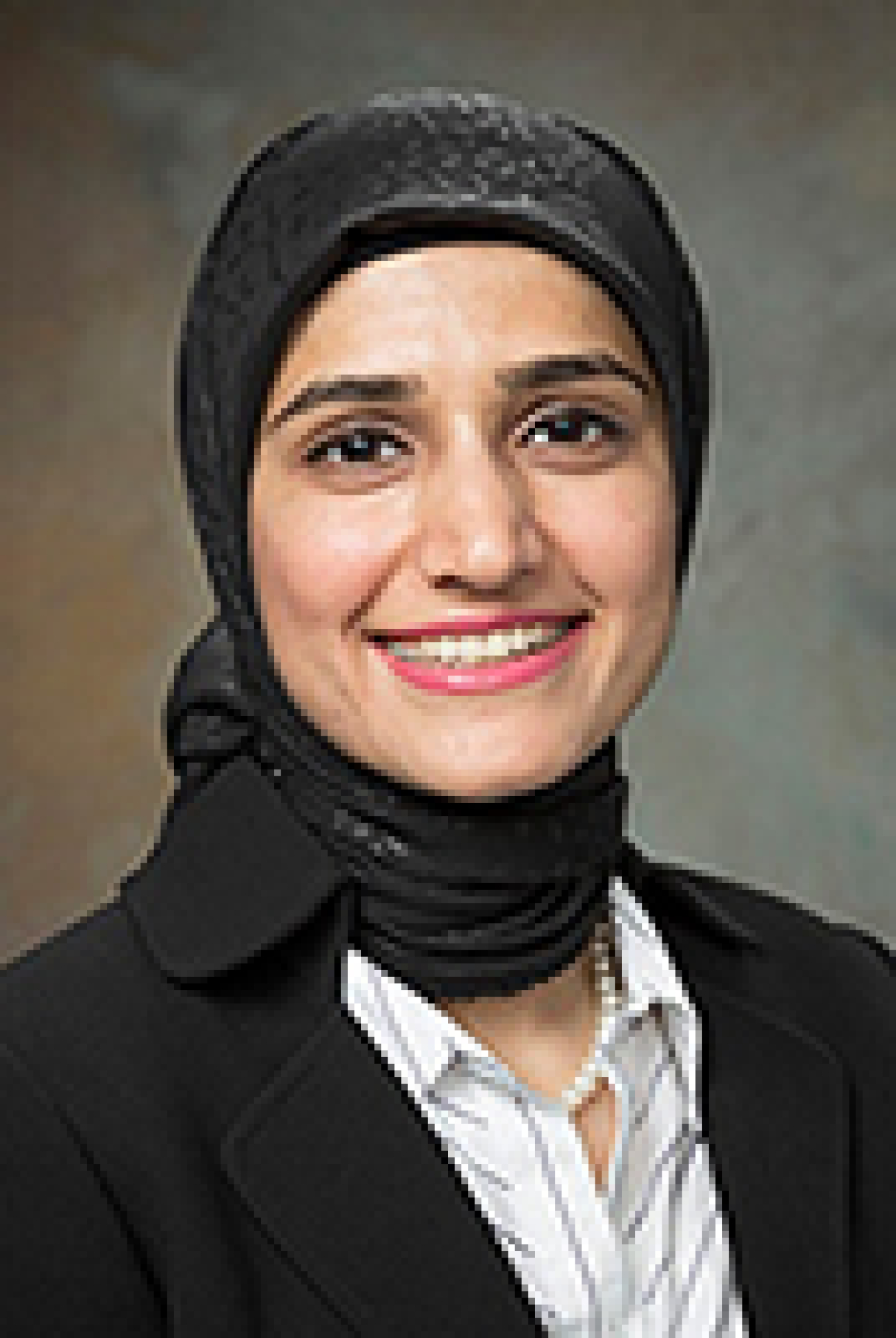
Khaula Khatlani MD MSc, has dual board certification in Occupational Medicine, and Public Health and General Preventive Medicine, and became the Worker Health Protection Program (WHPP) Medical Director in 2022. Dr. Khatlani graduated from DOW Medical College, Karachi, Pakistan and completed both her residency and a clinical fellowship in Occupational and Environmental Medicine at Yale. Previously, Dr. Khatlani was the recipient of the National Institutes of Health’s (NIH) Fogarty Fellowship in Trauma and Injury Prevention and completed epidemiological training at the Bloomberg School of Public Health at Johns Hopkins School of Medicine. Prior to joining WHPP, Dr. Khatlani was the Medical Director of the Occupational Health Clinic at Bristol Health System and has published research on injury prevention, workplace and intimate partner violence.
Amy Manowitz, MPH
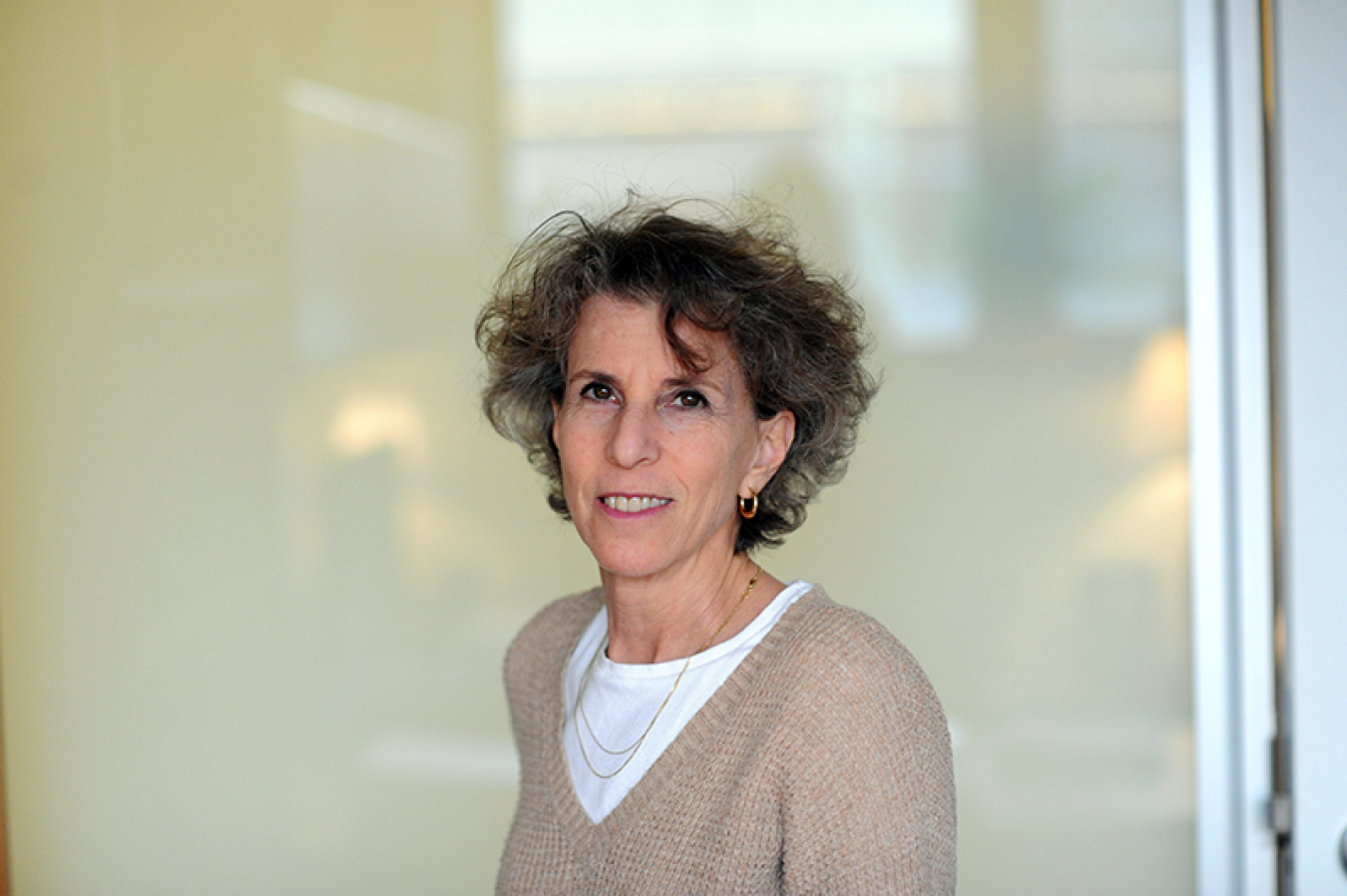
Amy Manowitz has worked for the Worker Health Protection Program (WHPP) since 2000. Ms. Manowitz helped start up the WHPP Early Lung Cancer Detection (ELCD) Program and has overseen the day-to-day operation of the lung cancer screening program for over 20 years. Currently, along with the WHPP leadership team, she also directs the administration of the general WHPP medical screening program. Ms. Manowitz has a master’s degree in public health from Columbia University with a concentration in occupational health.
Jonathan Corbin, PhD
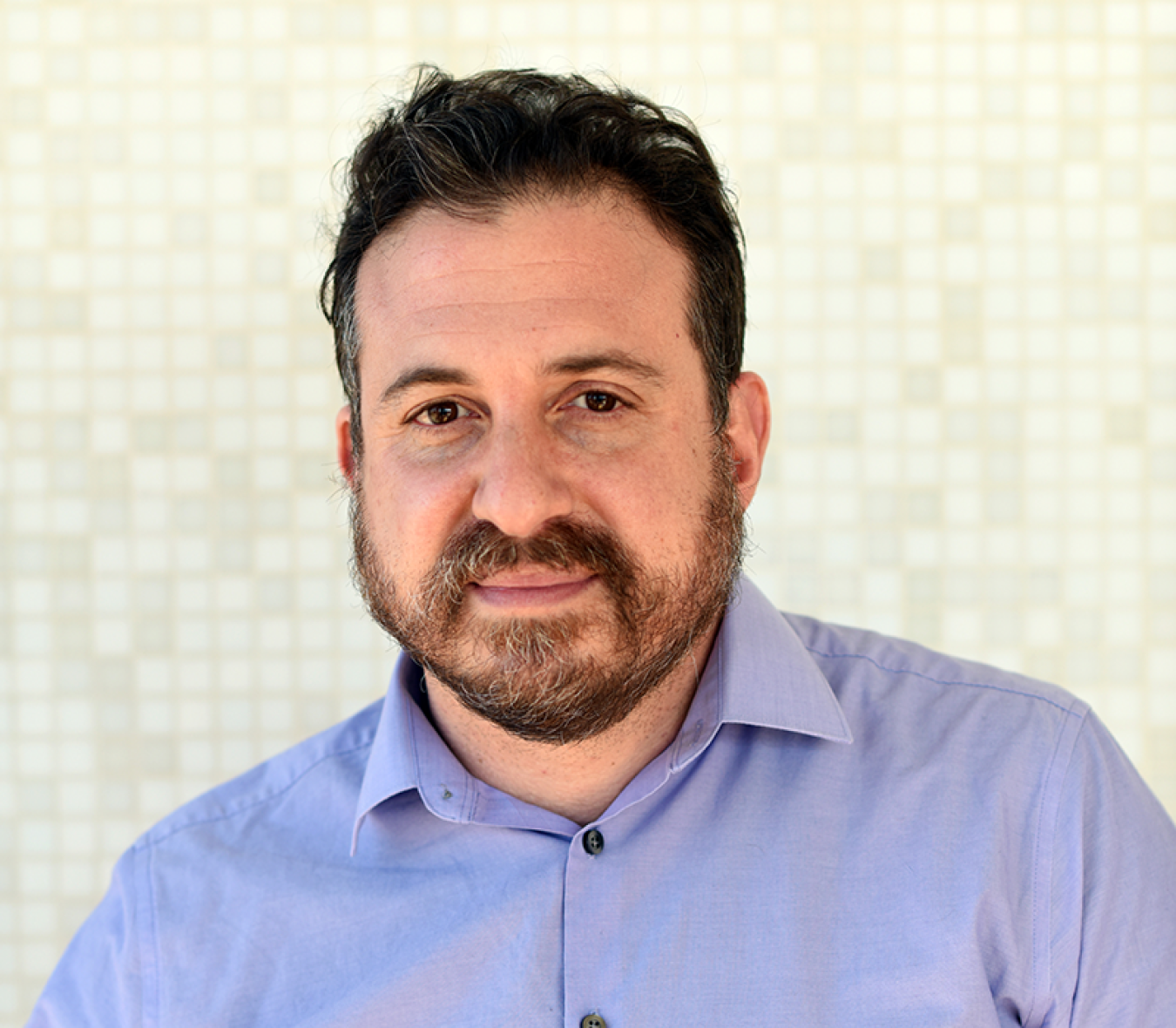
Jonathan Corbin has worked for the Worker Health Protection Program since 2009. As part of the WHPP leadership team, he currently oversees screening operations, outreach, communications, quality assurance and other programmatic activities. Mr. Corbin holds a PhD in Environmental and Planetary Health Sciences, with a focus on occupational health, from the CUNY Graduate School of Public Health and Health Policy. His doctoral research explored associations between diabetes, cardiovascular disease and occupational hearing loss,
Ashlee Fitch, CSP, OHST
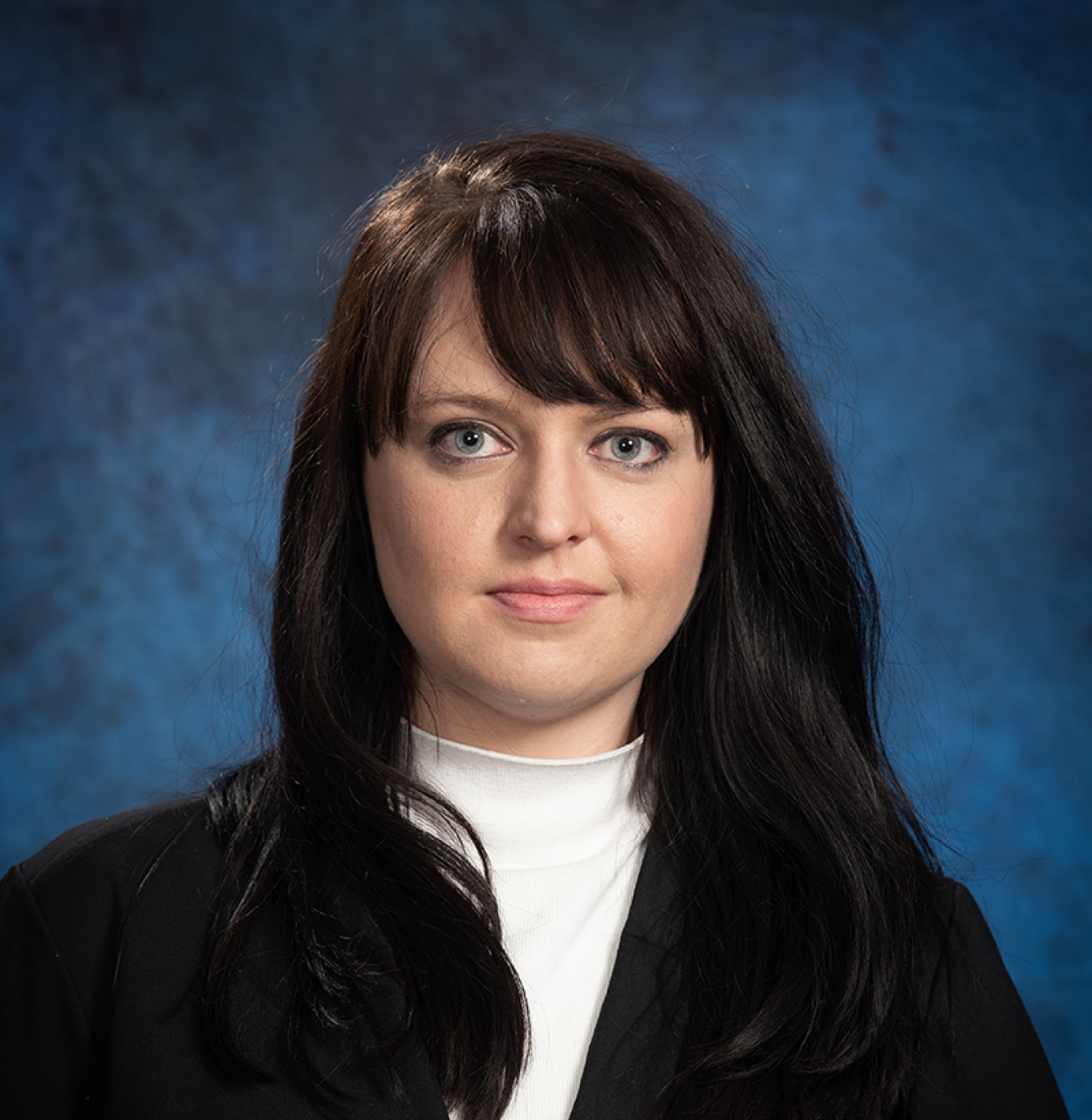
Ashlee Fitch, works as the Program Director and PI for the United Steelworkers’ (USW) Tony Mazzocchi Center for Health, Safety, and Environmental Education. In 2019, she stepped down as the PI for the USW for the Worker Health Protection Program but remains a solid voice for workers in the FWP. Ms. Fitch also serves as Board Member-at-Large for the Beryllium Health and Safety Committee, a non-profit collective of medical, academic, government and union experts, which focuses on education on occupational exposure to beryllium and the prevention of beryllium-induced conditions and illnesses across USW represented workplaces.

